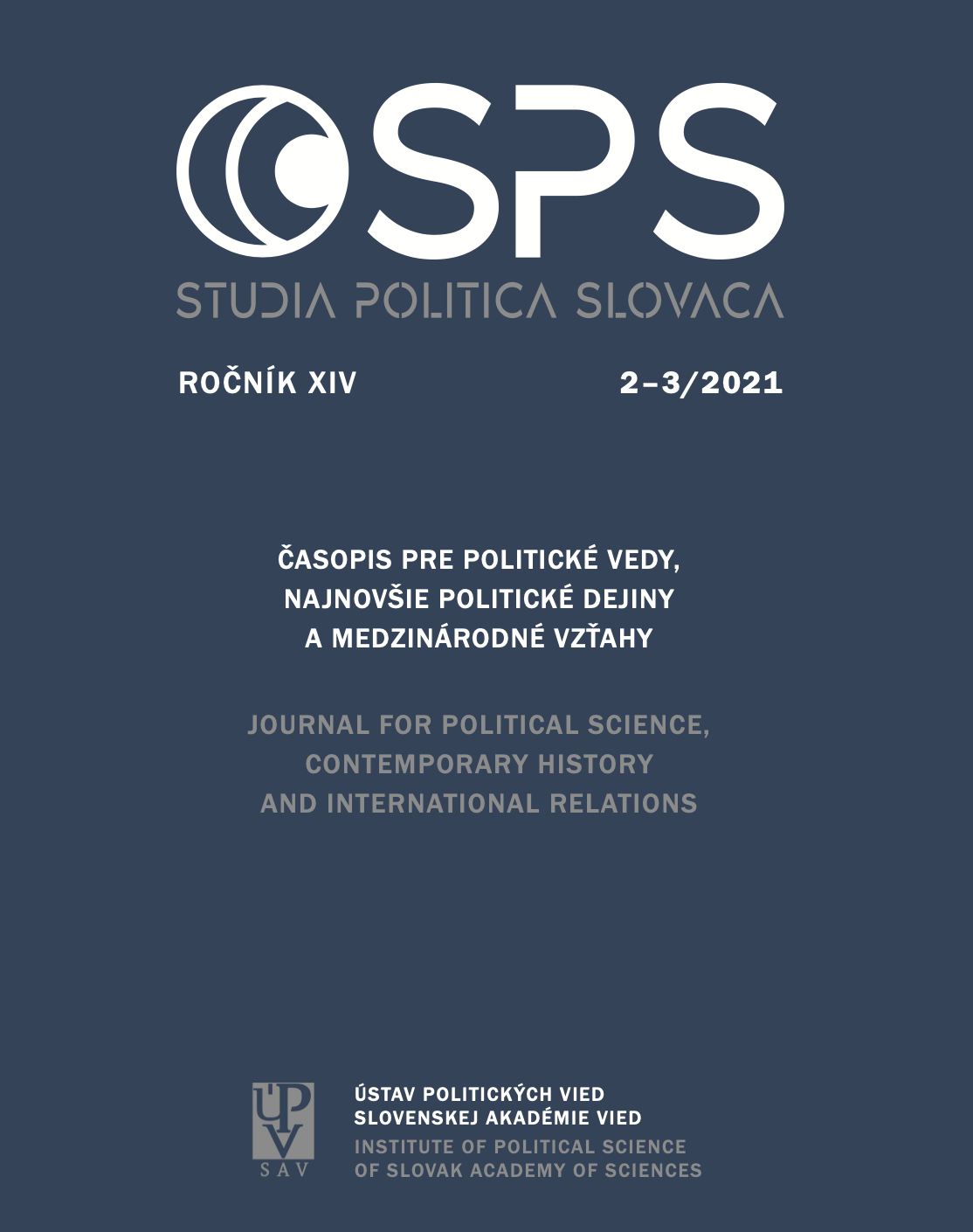Information sources shared on Facebook and Networking by Nigel Farage and the UKIP Party in the UK
Information sources shared on Facebook and Networking by Nigel Farage and the UKIP Party in the UK
Author(s): Lena Karamanidou, Osman SahinSubject(s): Media studies, Governance, Politics and communication, Theory of Communication
Published by: SAV - Slovenská akadémia vied - Ústav politických vied Slovenskej akadémie vied
Keywords: Facebook; populism; UKIP; Nigel Farage; network analysis; media; Brexit Party; UK;
Summary/Abstract: This article explores how UKIP and Nigel Farage used social media to amplify their message. Mainly digital sources, such as websites and social media, were the preferred source type of both profiles, but more for UKIP than for N. Farage. The most shared digital content of both profiles was websites and social media accounts of their political parties. The second most used source type was print media – mainly national newspapers. Radio stations were the least used source by UKIP, while TV channels the least used source by N. Farage. The higher use of radio sources concerns links toLBC Radio, where he presented a show between 2019 and 2020. TV channels and radio were largely ignored by both profiles as sources. In terms of ownership, sources used by either profile were in their vast majority private due to prevailing type of ownership in the UK. Both profiles relied more on quality newspapers and magazines rather than tabloids but this was often accompanied by a critical approach to the content of such sources. The analysis found that Farage’s profile has only four reciprocal connections. In contrast, UKIP had a much larger reciprocal network of 25 different pages. While in terms of reciprocity the two profiles maintained different networks, the analysis of centrality showed a significant number of 63 pages shared the profiles of both UKIP and Nigel Farage. Although the profile of N. Farage had a much smaller reciprocal network and the number of shares of the two profiles by the central groups disseminating their messages was roughly equal, yet, the Brexit Party and N. Farage were the more successful political actors in the period of interest to this study – in the 2019 European Parliamentary elections.
Journal: Studia Politica Slovaca
- Issue Year: XIV/2021
- Issue No: 2-3
- Page Range: 127-146
- Page Count: 19
- Language: English

